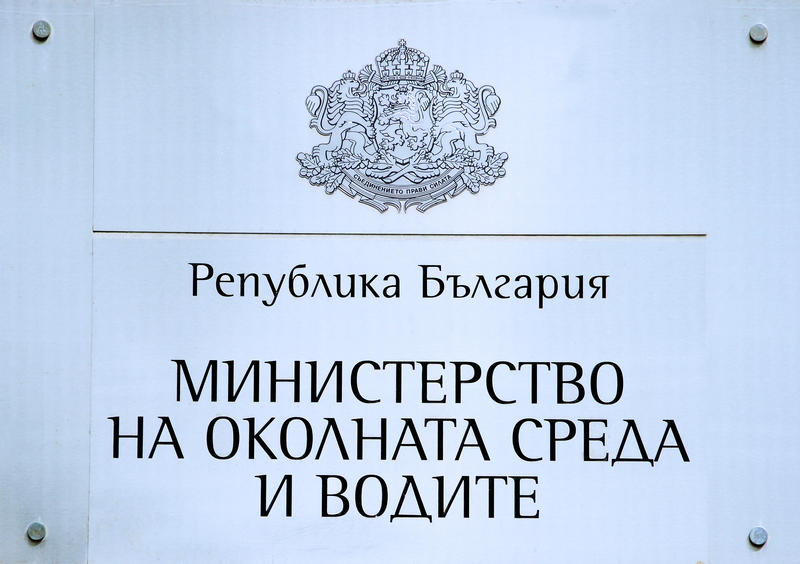The Climate Directorate at the MОEW is restructured to address climate challenges
09 Feb, 2024 | 14:35The Climate Change Policies (CCP) Directorate in the MОEW is transformed into a Directorate General. The structural change is in line with our team's top priority in environmental management, which is to make climate change mitigation and adaptation policy a broad national policy to enable the country to address climate challenges.
"I share the satisfaction that my intention to expand the CCP Directorate, stated 11 years ago when I was a caretaker minister, has finally found its completion after much effort and negotiation," Minister Julian Popov said, motivating the change to the ministry's team. "With the transformation that has taken place, the CCP Directorate is not only increasing its staffing levels, but is also taking on new challenges related to working at the local level, with enhanced coordination with national institutions and with the aim of better integrating climate priorities into sectoral policies," he stressed.
The Directorate expands its functions and establishes three territorial units - Southeast Region (Stara Zagora), South Central Region (Plovdiv) and North Central Region (Gabrovo). With these changes, MOEW will expand its capacity to support local authorities to improve local strategic planning for climate change mitigation and adaptation.
In order to integrate climate priorities into sectoral policies, a Climate Policy Coordination Unit will be established, whose main functions will be related to inter-institutional coordination to take climate risks into account when implementing policies and projects in all areas of economic and social life.
Climate-related policies are complex, increasingly comprehensive and more intensive in response to messages from the scientific community, expressed most notably through the reports of the Intergovernmental Panel on Climate Change (IPCC). The newly restructured Directorate will also have the task of strengthening cooperation with the country's scientific community and universities, especially the NIMH, where there is significant capacity and potential to attract young scientists. As part of this process, Bulgaria is bidding to host the 61st session of the IPCC in July 2024.
Timely, systemic and integrated action at national, local and corporate levels is needed to meet international commitments on climate change already underway. Increased efforts and capacities from all stakeholders and the creation of broad partnerships are also needed, which is exactly what the new Climate Directorate in the MOEW will work towards.
Following Bulgaria's strong presentation at the annual climate conference in Dubai, the ministry continues with a host of planned activities related to updating the regulatory framework, implementing the innovations of the Fit for 55 package, participating in various thematic events and updating the national strategic framework for climate policies.
